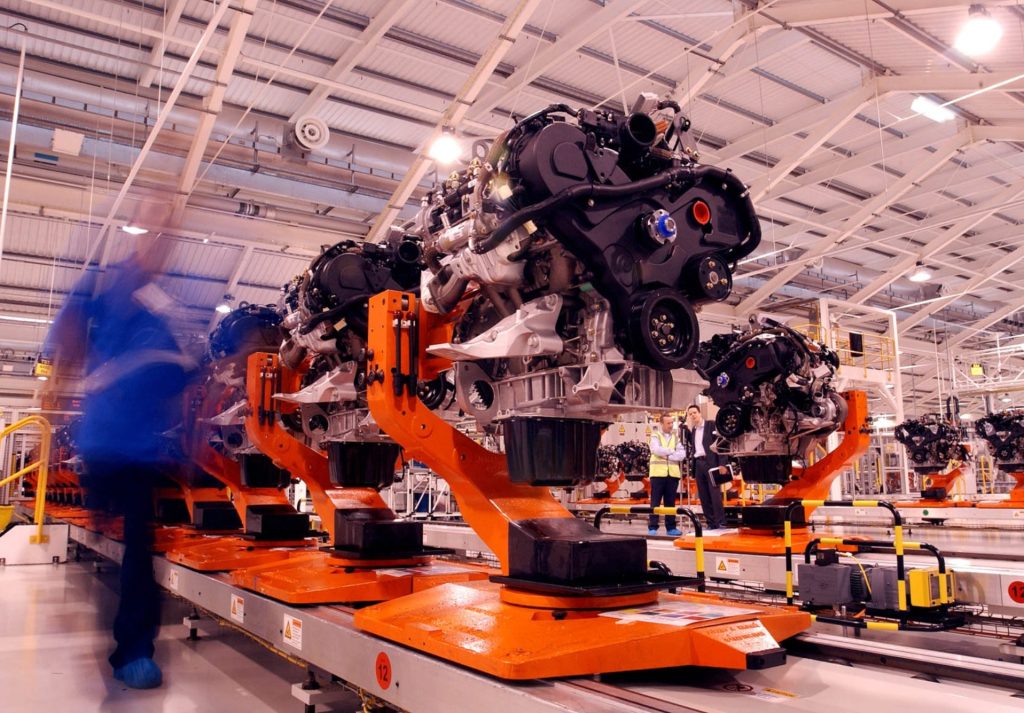Last November my dad sent me a text informing me of some history making news. Ford Dagenham Engine Plant, where he works, had named Wendy Graham as the Plant Manager, the first women to take this role in the sites 97-year history. This is a step forward for Ford and for the manufacturing and engineering sector to recognise women in key industry leading roles.
Yet, this milestone seems more meaningful for Dagenham and its significant history of its women. In 1968, Ford re-graded its employees, categorising sewing machinists, a role predominantly done by women, as unskilled labourers. While men doing similar work were classified as skilled. This resulted in a significant pay disparity.
One hundred and eighty-seven women went on strike which lasted three weeks, leading to Barbara Castle, the Secretary of State for Employment and Productivity at the time, intervening after it led to closure of the whole plant. In the end, the women did secure a pay-rise, although not equal pay, and their roles were recognised as skilled, but not yet in the same category as their male counterparts.
Although the strike did not end in equality, the event is regarded as a catalyst for the UK’s Equal Pay Act of 1970. This was a significant step forward for women but still even today, the fight continues not just in the automotive industry but many industries across the globe.
But change takes time. Speaking with Wendy, she recognises that it wasn’t until her second decade in her career that she saw a woman in a manufacturing leadership position. Yet now, she can confidently say that every manufacturing position across Ford Europe has been occupied by a woman at one time, which is real progress. She hopes that her visibility and success will help to pave the way for future generations.
Read the full article here: The engines of change: a visit to Ford Dagenham
For more articles like this, visit our Leadership channel.




